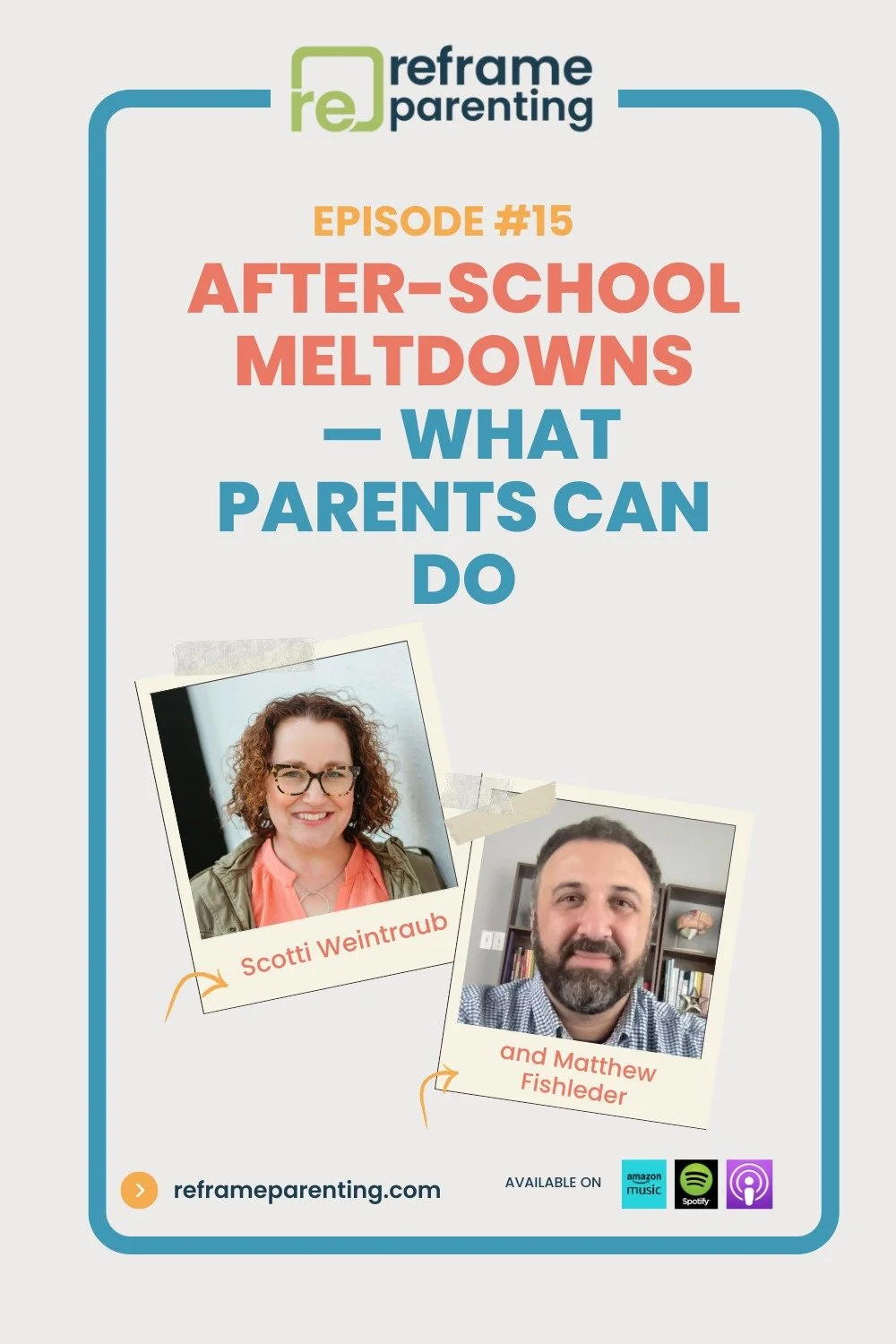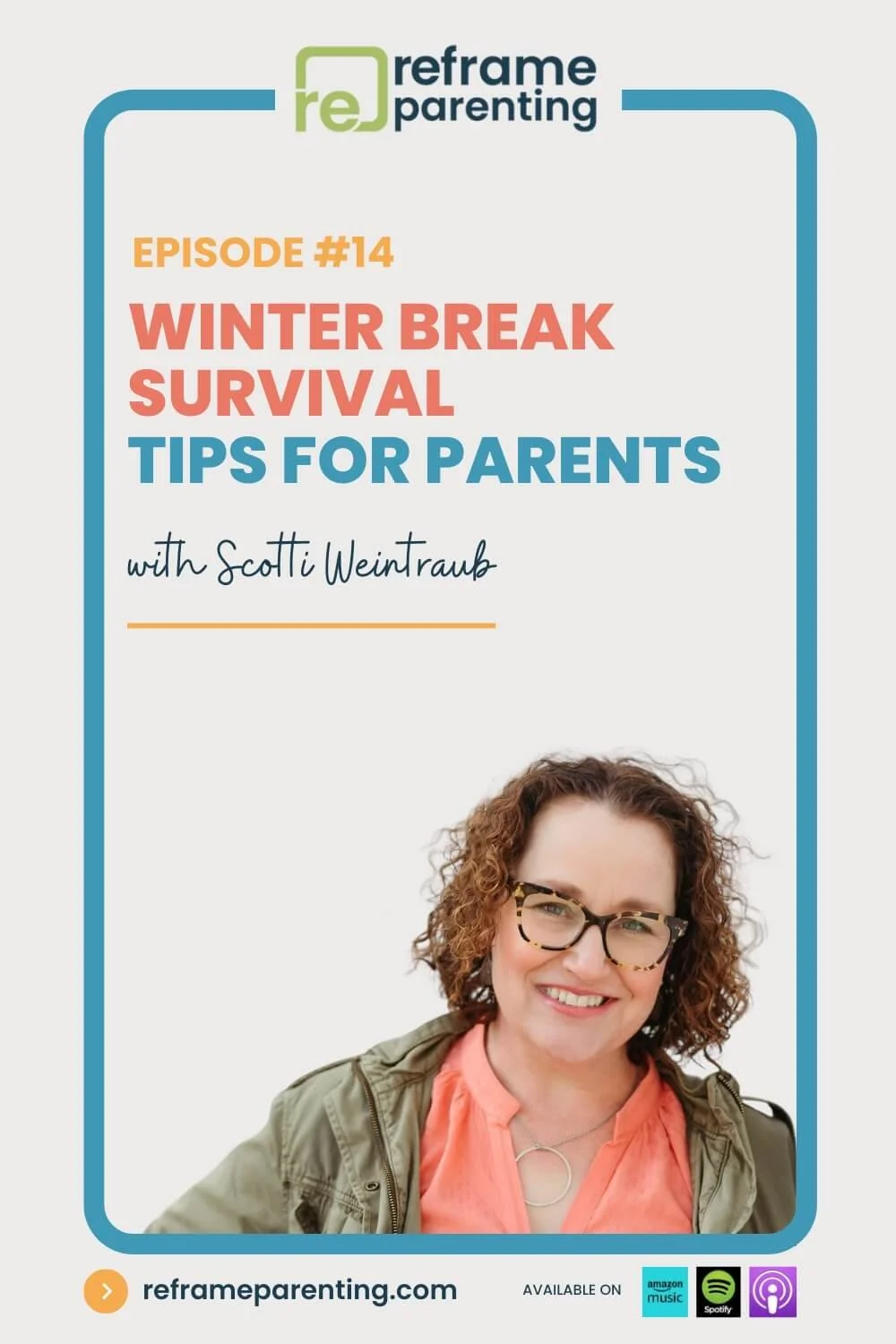5 Questions to Ask Your Child’s Teacher Right Now
I’m a busy parent, just like you.
There’s always a meal to cook, a deadline to meet, or a kid to schlep to an activity. Sometimes school can feel like an afterthought, but when you’ve got a kid who’s having trouble at school, connecting with their teachers is my #1 piece of advice.
Kids who have challenges at school (whether that’s academic, social, or behavioral), may need more time, energy, and strategy to help them succeed, and working with teachers is a sure fire way to make that happen.
Parent-Teacher Communication Is Key to Your Child’s Success
It may seem like a lot of work or time but let’s reframe it to see it in a new way. Let’s consider that working with the teacher is an opportunity to help your child thrive at school! Why should you get involved, you ask? Because you have valuable insight into what makes your kiddo tick, how their brain works, and what strategies have worked well at home. You know them better than anyone! Sharing that insight with teachers gives them a leg-up on meeting your kid’s school needs, so why not give them that valuable intel?
This is just the beginning of a conversation so we’re going to start with gathering information, data points, and observations rather than making accusations or being negative. Let’s dig into what’s happening, where your child thrives, where they struggle, and how you can get involved. Asking rather than assuming builds trust and collaboration with teachers. You’re signaling your willingness to work with them, not against them and that you too are committed to your child’s success in the classroom. That’s for sure a great start to a solid working relationship!
It may seem overwhelming to begin so I’m going to make starting that conversation really easy with a few use-now questions to get you going.
What are my child’s strengths at school? How can we build on what’s going well?
Let’s start with positives rather than the challenges. Why? Because kids who are struggling get a lot of negative feedback (so do their parents), but let’s not overlook that some things are going well too. Let’s highlight those and start from a place of positivity to set the tone.
Can you share your observations about my child’s challenges in the classroom?
How are those challenges impacting them academically (or behaviorally or socially)?
Now we talk about the challenges so we can get a better picture of what’s happening. After all, you’re not in the classroom every day so you likely don’t have a clear understanding of how these struggles show up or how that’s impacting your child and the class as a whole.
Have you noticed any patterns to these challenges?
Do they occur at specific times of the day or during certain subjects?
Now we’re digging in a little more and adding to that information gathering. Maybe they’ve noticed that the struggles happen after a certain class or at the end of the day? These are critical data points and bits of information to use in piecing together that bigger picture so you can formulate potential approaches and strategies.
What support or accommodations have you already tried to help my child with these challenges?
How successful have they been?
Let’s see what’s working and what’s already been tried. If an approach is already working, great! Then you can build on, expand, or carry it over into other classes or settings. But if not, that’s also valuable information you can use to think about a new approach that works even better.
How can we work together so my child can thrive at school?
This opens the door to you, the parent, and the teacher working together to make school more successful for your child. Teachers can gain valuable information from parents and parents can gain insight and ideas from teachers too. What a solid team you’ll make when you and your child’s teacher work together!
The key to a successful collaboration is effective communication. Establishing clear conversation is vital, but teachers are busy people too and so here’s a bonus question:How can we communicate with each other throughout the school year, and what is the best way to reach you?
Ask the teacher if they have a preferred method of communication. Is an email ok? Or would they favor a phone call? Or is a parent-teacher conference more ideal?
Whatever form of communication they choose, as long as done regularly, ensures that you get informed about your child’s progress, if there are upcoming events or urgent school work to prepare for, and any other issue that may arise that may require your immediate attention.
Now you’ve got some good questions to use, so take action! Send a preliminary email to your child's teacher ASAP and ask when might be a good time to talk. Keep in mind that a strong parent-teacher partnership is essential to your child’s success, so don’t hesitate to ask your questions and stay informed throughout the year!
Want to know more about how to work with teachers and have positive, productive relationships that help your child thrive at school? Check out my Positive Partnerships training. It’s a short and inexpensive way to get moving on developing these vital collaborations!








